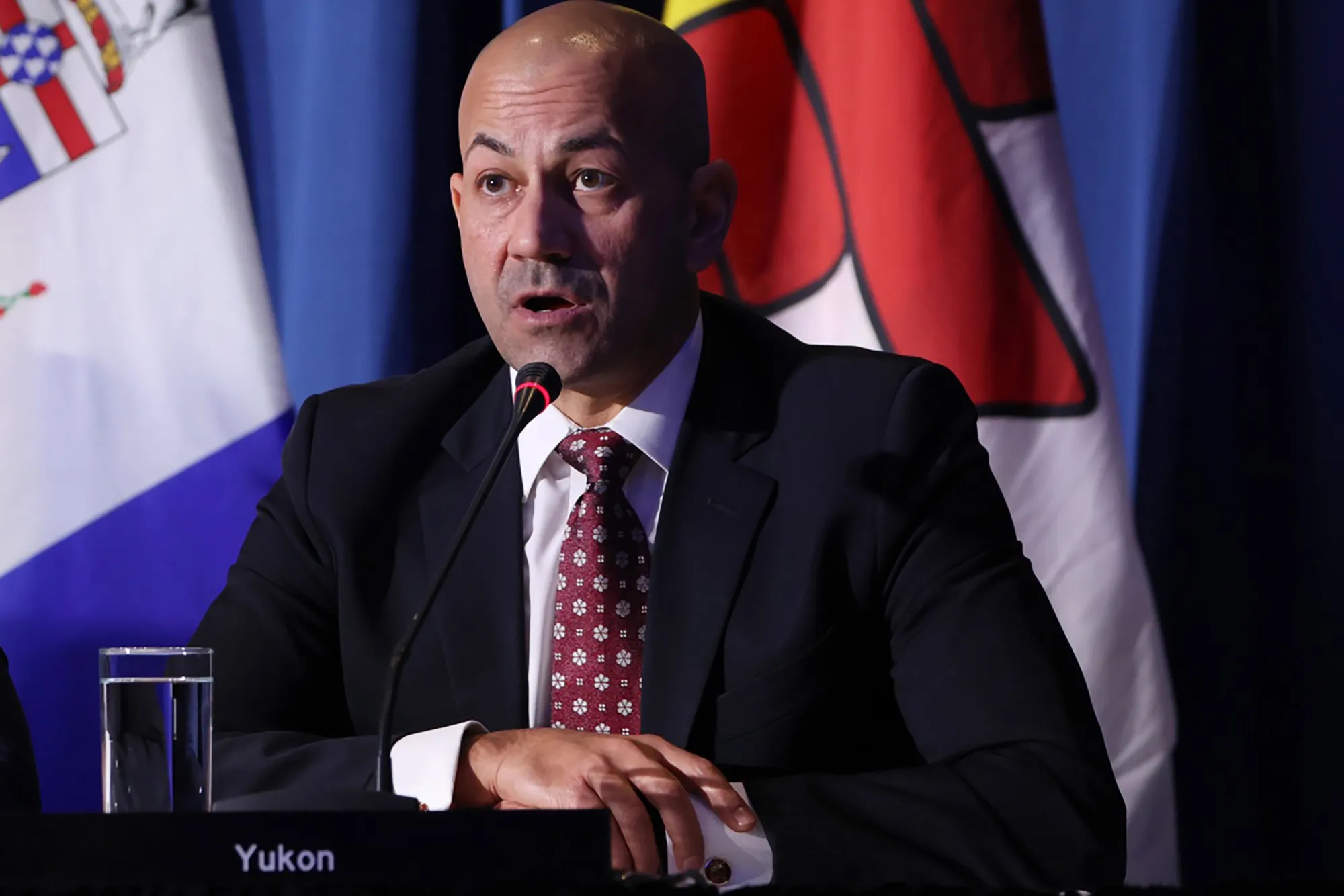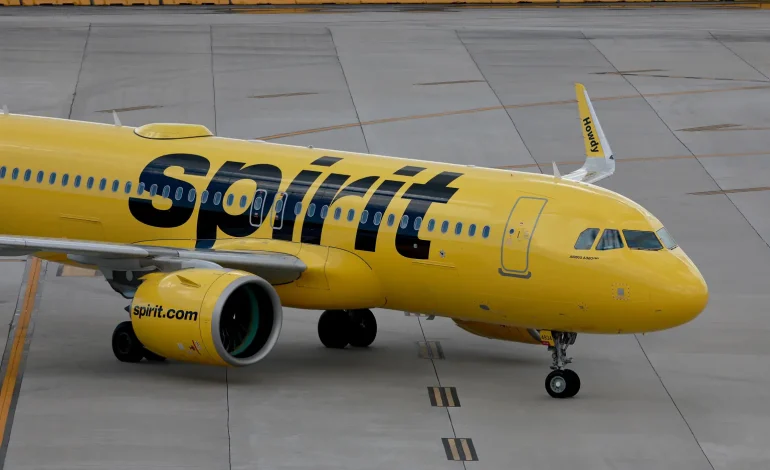Spirit Airlines is preparing to file for bankruptcy protection after merger talks with rival Frontier Airlines collapsed, according to sources familiar with the matter.
The Florida-based budget carrier is in advanced discussions with its bondholders to develop a restructuring plan that would gain the support of a majority of creditors. This move is expected to take place within the next few weeks as Spirit faces mounting losses and looming debt obligations.
The breakdown in merger talks marks the latest setback for Spirit, which had been exploring a deal with Frontier to merge in hopes of improving its financial situation. However, after months of negotiations, Frontier decided not to move forward with the merger, leaving Spirit to consider bankruptcy as the only viable option to restructure its operations and manage its mounting debt.
Spirit Airlines, once a fast-growing budget airline known for its ultra-low-cost fares and additional charges for amenities like checked bags and seat assignments, has struggled in recent months to maintain its profitability. Despite high travel demand, the airline has failed to report a profit in five of the last six quarters. The carrier has been grappling with high operating costs, increasing competition, and a market that has shifted since the airline’s heyday.
As part of its efforts to cut costs and shore up its finances, Spirit recently furloughed 330 pilots and announced plans to sell 23 older Airbus aircraft to raise $519 million in cash. However, these measures have proven insufficient to address a significant $1.1 billion bond maturity set to come due in less than a year. Additionally, Spirit faces a December deadline to refinance its bonds with the company that processes its credit card transactions.
Shares of Spirit Airlines took a sharp dive after the news broke. The airline’s stock plummeted 39% in after-hours trading, falling to $1.80 per share. Spirit’s stock has already seen a steep decline of nearly 80% this year, in contrast to the broader airline industry, which has seen its stocks rise by 52% as measured by the S&P 500 passenger airlines index.
The airline confirmed in a filing late Tuesday that it is in “active and constructive discussions” with a supermajority of its secured bondholders to reach a debt restructuring deal. The company also acknowledged that such a deal could lead to the cancellation of its existing equity, signaling the possibility of a full-scale Chapter 11 bankruptcy filing.
Spirit’s financial difficulties were exacerbated earlier this year when a federal judge blocked the airline’s proposed $3.8 billion merger with JetBlue Airways. The ruling, issued in January, sided with the Justice Department’s antitrust lawsuit, which argued that the merger would harm competition in the low-cost airline market, potentially driving up prices for consumers.
Before pursuing the JetBlue deal, Spirit had been in talks with Frontier about a potential merger valued at around $2.9 billion. These discussions resurfaced earlier this year as Spirit sought to find a partner to help stabilize its finances. However, despite renewed interest in the merger, Frontier ultimately decided not to proceed with the deal, leaving Spirit with fewer options.
As Spirit Airlines moves closer to bankruptcy, the airline’s management has continued to emphasize the company’s ongoing efforts to restructure its operations and improve its financial health. In addition to selling aircraft and cutting jobs, Spirit recently announced that it would furlough pilots in January as part of a broader cost-cutting initiative. The airline has yet to comment publicly on the potential bankruptcy filing.
Spirit’s future remains uncertain as it faces significant debt maturities, ongoing financial struggles, and heightened competition from larger, more established carriers. While bankruptcy protection could give the airline the breathing room it needs to restructure, it will also likely result in the cancellation of the company’s existing stock, further diluting its value.
The Wall Street Journal, New York Post, and Forbes contributed to this report.









